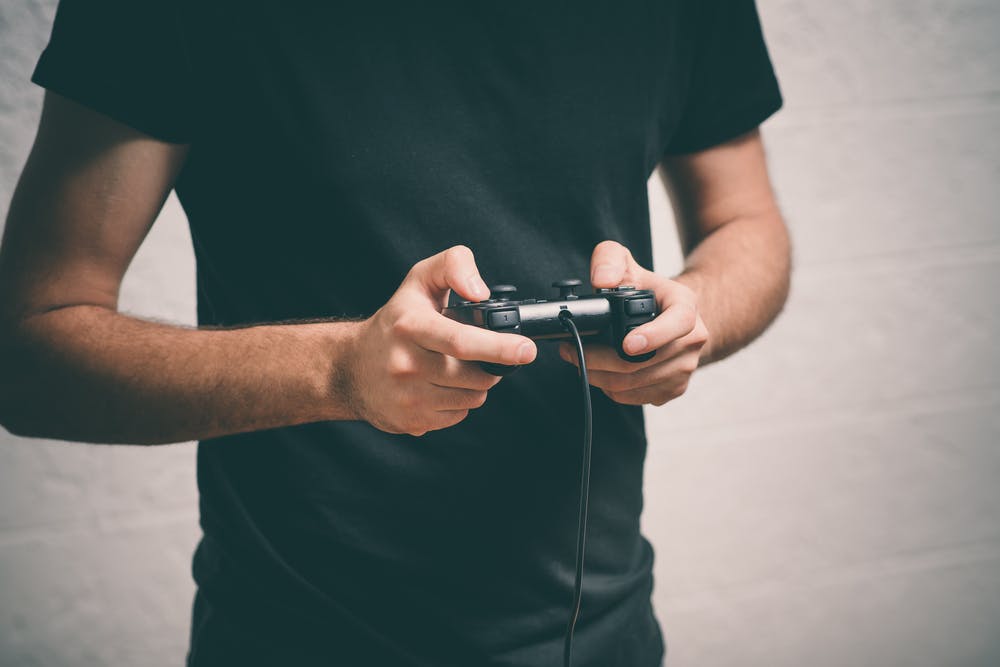Gaming Disorder Now ‘Officially Recognised’ As A Mental Illness But Treatment Could Still Be Over 3 Years Away
updated on Jun 18, 2018

The World Health Organisation (WHO) have officially recognised gaming disorder as a mental illness. Does this mean patients can be expecting a diagnosis and, more importantly treatment, any time soon?
Announced as part of WHO’s updated International Classification of Diseases (IDC), version ICD-11 has been over a decade in the making. Designed to provide significant improvements on previous versions, ICD-11 has had unprecedented involvement from health care professionals and experts from around the world. The introduction of gaming disorder as a mental illness was just one of over 10,000 proposals for revisions the ICD team at WHO recieved.
The new classifications will not come into effect until January 2022...diagnosis and treatment could still be over three years away
While this could mean the condition will become treatable on the NHS, ICD-11 will not be presented for adoption by member states until the World Health Assembly in May 2019. The new international classification will not come into effect until 1 January 2022. The release of these new diseases and classifications have come as an advanced preview to allow countries to plan how to use the new version, prepare translations, and train health professionals across their countries, according to the WHO. For concerned loved ones and those showing signs of addiction, this could mean diagnosis and treatment could still be three years (or longer) away if waiting for NHS support.
Gaming disorder has been defined as a pattern of digital or video gaming behaviour characterised by impaired control over gaming, increased priority given to gaming over other activities to an extent that it takes precedence over other daily activities and interests, and the continuation or escalation of gaming despite negative consequences. For an official diagnosis by WHO guidelines, the behaviour pattern must be sufficiently severe to result in a significant impact to personal, social, family, educational, or occupational areas of life for at least 12 months.
Based on reviews of available evidence and expert consensus, gaming disorder has been classified as a mental illness by the World Health Organisation. Many hope that this inclusion will provide increased attention of healthcare professionals around the world to the risks of teens and young adults in particular developing the disorder, with the hopes it will increase support, preventative methods, and treatment.
Whilst supported by many mental health experts, some have expressed concern that the classification of gaming addiction as a disorder may risk stigmatising young gamers. Dr. Joan Harvey, a spokeswoman for the British Psychological Society in a statement to TIME said “People need to understand this doesn’t mean every child who spends hours in their room playing games is an addict, otherwise medics are going to be flooded with requests for help.”
However, the U.N health agency have said classifying gaming disorder serves a public health purpose for countries, helping them to ‘be better prepared to identify this issue.”
Other healthcare professionals have spoken out against the separate classification, believing that those who appear addicted use gaming as a way to cope with anxiety or depression. Others argue that by highlighting gaming disorder as a mental health concern, this could assist parents and experts in identifying signs of additional underlying issues for young people, helping them to gain access to further support.
This latest announcement comes just a week after gaming addiction hit the headlines in the UK, as one 15 year old teen from London was thought to be the first to gain an official diagnosis of gaming addiction in the UK, while a young girl aged just 9 was admitted to rehab for her addiction to the videogame Fortnight.
While the NHS mention internet addiction of their official website, at the time of publication, we could not locate any dedicated information or advice tailored for those seeking help with non-traditional (drug, alcohol, gambling, smoking) addictions. Although private treatment is available through independent counsellors, some find the cost of seeking treatment to be a barrier.
Although the NHS have yet to offer their official advice on gaming addiction, one NHS trust made the move to become the first in the UK to use popular video game Football Manager 2018 to target mental health adverts to young players. Aimed at teens, the eight second advert appeared pitchside in-game as part of the NHS Trust’s six month campaign to promote mental health to young people.
–-
If you are concerned about your relationship with gaming or the health and wellbeing or a loved one, visit Counselling Directory to find out more about the key symptoms of internet addiction.

